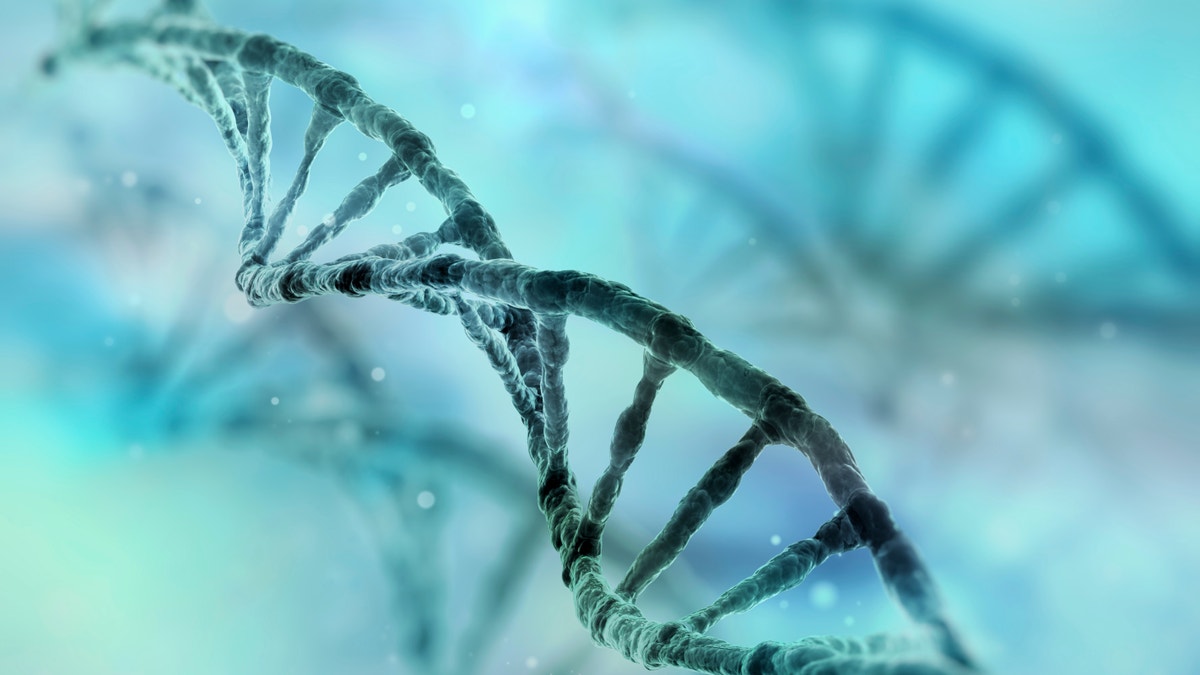
dna strand (iStock)
“I don’t mean to be morbid,” Eric Dishman told a friend as he was winding down his job at Intel. “But this may be the last time you see me.” Dishman, a longtime leader of the company’s health research division, was preparing to die. The kidney cancer he’d been diagnosed with in college had caught up to him two decades later. His kidneys had failed, and the chemo drug that kept him alive was incompatible with dialysis.
Eric Dishman is finally cancer-free after more than 20 years—and, following a kidney transplant, he now heads the Precision Medicine Initiative Cohort Program at the National Institutes of Health.Joe Pugliese! But that friend happened to work for a DNA sequencing company, and he offered to analyze the genome of Dishman’s cancer cells. What could it hurt? Weeks later, Dishman got two 1-terabyte hard drives by courier, loaded with his genomic data. Another copy went to his doctors. And just days before he was to start dialysis—he already had the surgical port in his arm—his doctors called. Dishman’s kidney cancer mutations looked like they actually belonged to a form of pancreatic cancer. He switched to a drug designed for tumors in a totally different organ.
It worked. Dishman is finally cancer-free after more than 20 years—and, following a successful kidney transplant, he now heads the Precision Medicine Initiative Cohort Program at the National Institutes of Health. There, he’s in charge of recruiting 1 million Americans to share their DNA and medical histories for a massive study. As research like this pinpoints links between genetic variation and disease, doctors could someday look up a patient’s DNA and use it to prescribe custom treatments for cancer, diabetes, heart disease, and more.
Dishman’s case is still an anomaly.
More From Wired
“I was triple lucky,” he says: lucky to have his DNA sequenced, lucky his doctors waded into the data, and lucky—most of all—that the information led to a cure. But Dishman hopes his million volunteers will help him discover more markers that lead to successful tailored treatments. And that would make the survival equation a little less luck and a lot more science.
This article appears in our special November issue, guest-edited by President Barack Obama.
